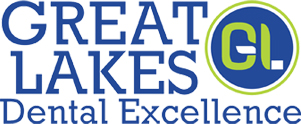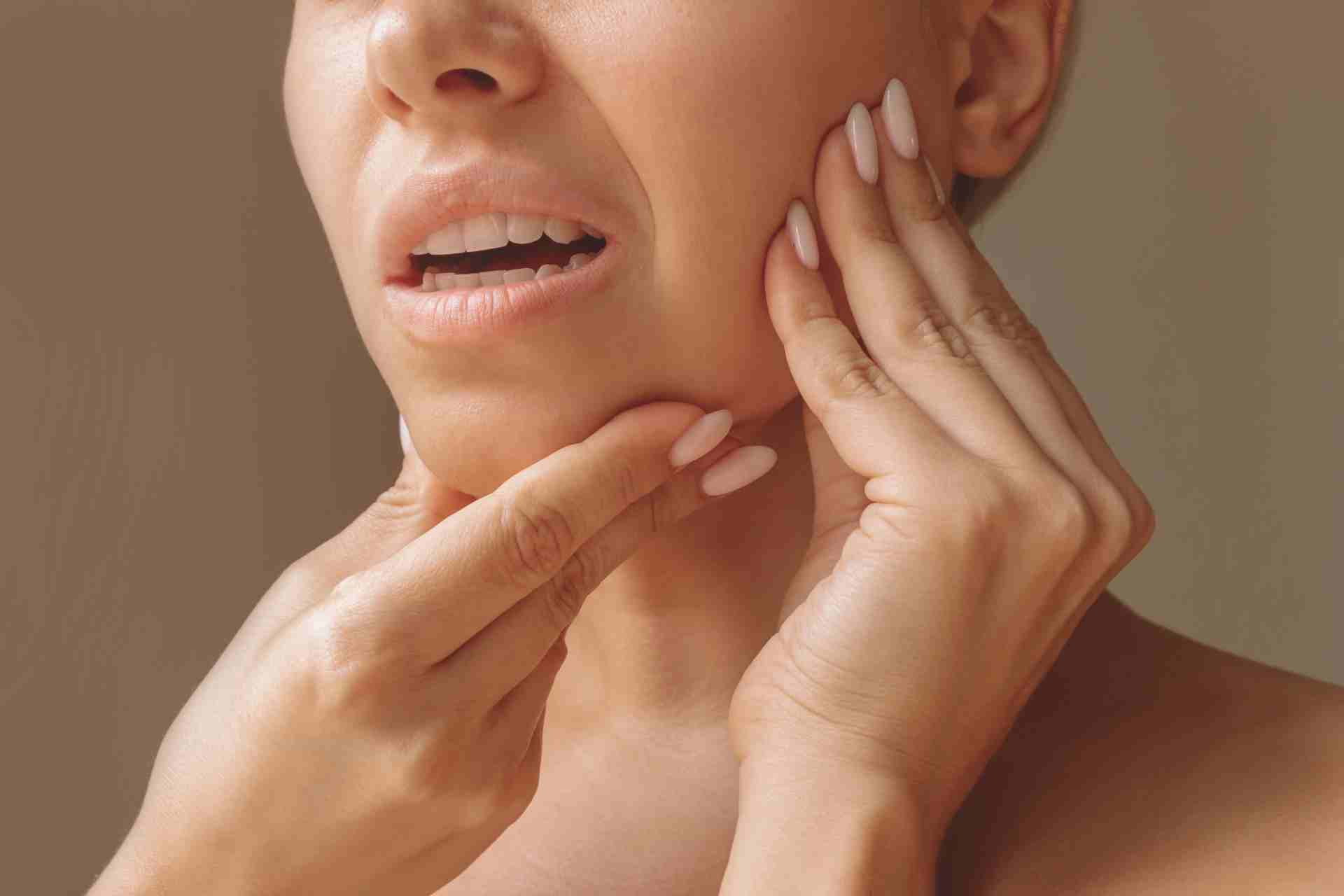Treat Underlying Sleep Disorders
If sleep disorders contribute to your tongue biting, it’s crucial to seek help from a sleep specialist. Conditions such as sleep apnea, REM Sleep Behavior Disorder, or nocturnal seizures can heighten the risk of involuntary tongue biting.
A sleep specialist may recommend treatments like CPAP machines for sleep apnea or medication and therapy for REM-related disorders, ensuring that your sleep is both refreshing and safe.
Correct Dental Alignment Issues
When it comes to addressing misalignment, focusing on correcting dental alignment issues can make a big difference in preventing accidental tongue biting. Dentists are equipped to help guide you through options like braces, retainers, or Invisalign aligners, designed to adjust your bite and enhance your oral comfort.
By aligning your teeth properly, you’ll reduce the unnecessary pressure exerted on your tongue during sleep.
Use a Bite Pad or Tongue Protector
For those who experience frequent tongue biting or severe bruxism, utilizing a bite pad or tongue protector can be a lifesaver. These devices create a protective barrier over the tongue or teeth, effectively preventing direct contact and the risk of injury.
Particularly beneficial for individuals suffering from intense involuntary movements during sleep, these tools are easy to use and can significantly contribute to safer, more restful nights. Consulting with your dentist about the appropriate device can provide peace of mind and help you embrace a healthier sleep routine.





